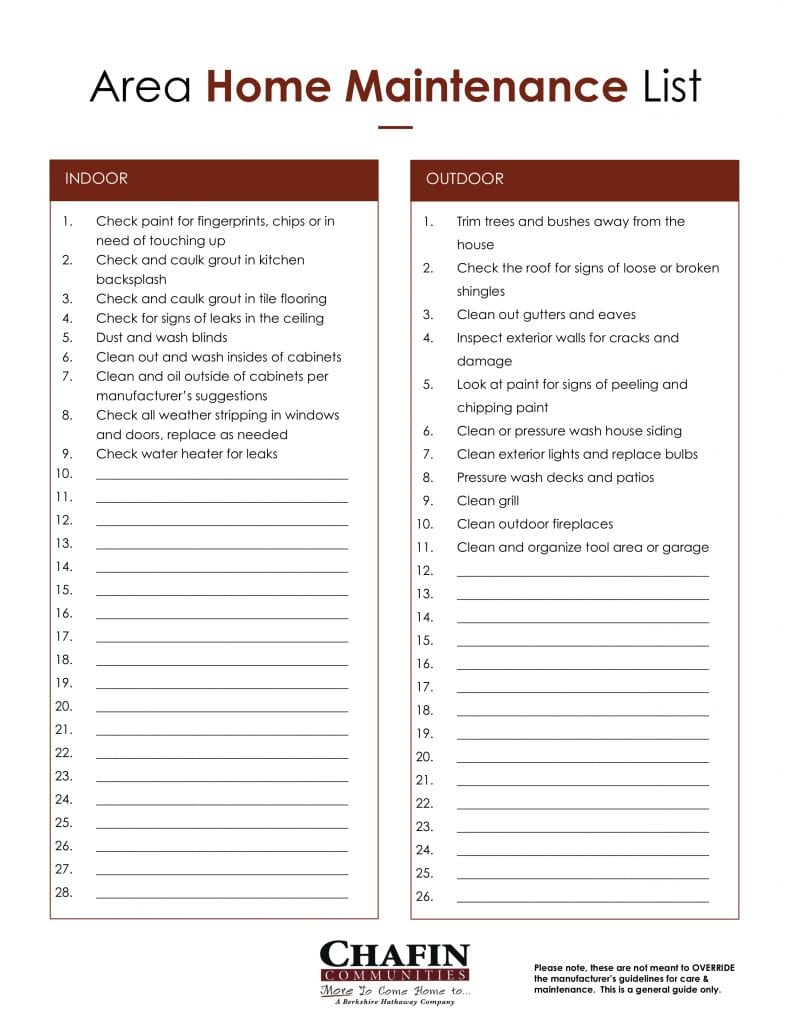Improving Time Coordination Strategies for Improve Your Maintenance Performance
Wiki Article
Scheduling management is an essential ability for repair experts who aim to work efficiently and efficiently. By adopting various time management strategies, technicians can complete tasks more quickly, reduce stress, and improve customer satisfaction. When managing time well, handymen can prioritize their jobs, allocate enough resources, and ensure they meet deadlines. This article will explore some effective time management strategies that maintenance professionals can adopt to enhance their efficiency.

One important strategy is creating a day-to-day schedule. A well-structured schedule helps handymen organize their day and assign dedicated times for each job. This includes not only the jobs themselves but also commute time and rest periods. By planning the day ahead of time, handymen can see their workload and make better choices about how to use their time. Having a clear outline of the day's schedule allows for changes as needed, making it simpler to handle unexpected obstacles or delays.
One more effective strategy is establishing priorities based on immediacy and importance. Technicians often face multiple tasks at once, which can be difficult to manage without a clear sense of what needs immediate attention. Using a task matrix can help classify tasks into groups such as urgent, important, or less critical. By concentrating first on the most urgent and essential jobs, handymen can ensure they are fulfilling clients' needs quickly while also making progress on ongoing projects.
In addition to planning and prioritizing, handymen should explore using resources and technology to streamline their workflows. Multiple apps and software are available that help with task management, budgeting, and communication with customers. These platforms can save time by automating reminders or monitoring materials needed for individual jobs. Utilizing technology allows handymen to stay organized and minimizes the likelihood of forgetting critical details, thus enhancing overall productivity.
Finally, reviewing performance regularly is crucial for continuous progress in task scheduling. Handymen should take time at the end of each workweek or month to assess what was effective and what could be improved in their daily routines. This self-assessment allows for adjustments that can lead to better performance in upcoming jobs. By staying maintenance checks with a handyman intentional about managing time effectively, handymen can consistently improve their approach and achieve higher results in their operations.
In conclusion, developing task planning methods is vital for maintenance professional effectiveness. By creating a daily schedule, setting task orders, utilizing technology, and reviewing performance consistently, technicians can significantly enhance their output. These strategies not only assist in completing tasks more effectively but also support improved customer satisfaction and overall operational growth. Time management is not just about getting things done; it is about doing them correctly.